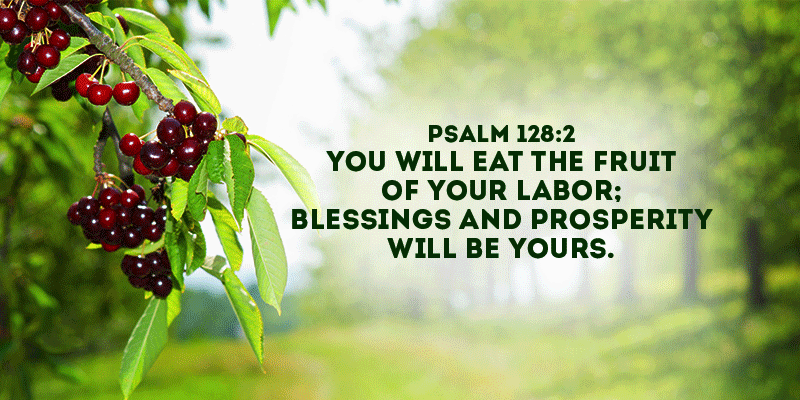
Dr. Larry Crab is an
accomplished Christian author. He wrote a book entitled, The Key to Caring and in it he tells a story about a
man that changed his life.
“It happened one Sunday in
the church of my childhood. I was just a young man, and we were having
communion that day. For some reason, I was called on to pray. I was overcome
with anxiety, because I already struggled with a speech impediment. In a
terribly confused prayer, I recalled “thanking the Father for hanging on the
cross and praising Christ for triumphantly bringing the Spirit from the grave.”
When I finished, I vowed he would never again speak or
pray out loud in front of a group. At the end of the service, not wanting to
meet any of the church elders, I made for the door. But before I could get out,
an older man named Jim Dunbar caught me. I braced for a scathing correction of
my bungled prayer and twisted theology. Instead Mr. Dunbar spoke the most shocking
words of my life, “Larry, there's one thing I want you to know. Whatever you do
for the Lord, I'm behind you one thousand percent.”
Crabb
reflects, “Even as I write these words, my eyes fill with tears. I have yet to
tell that story to an audience without at least mildly choking. Those words
were life words. They had power. They reached deep into my soul and encouraged
me to keep serving God.”[1]
In Acts we meet a
character much like Mr. Dunbar—Barnabas whose name means, “the son of
encouragement.” Every time we see Barnabas in Acts he is always building
someone up. In Acts 9 we read that Barnabas was willing to be Paul’s advocate despite
his checkered past.
26 And when he had come to Jerusalem, he attempted to
join the disciples. And they were all afraid of him, for they did not believe
that he was a disciple. 27 But Barnabas took him and brought him to the
apostles and declared to them how on the road he had seen the Lord, who spoke
to him, and how at Damascus he had preached boldly in the name of Jesus. 28 So
he went in and out among them at Jerusalem, preaching boldly in the name of the
Lord. (Acts 9:26-28)
.jpg)
If you think about it, Barnabas
really put his neck on the chopping block for Paul and in effect he helped the
Jerusalem church see that they wrong about Paul. Barnabas helped the church avoid
a tragic mistake. Everyone needs a second chance and a Barnabas at some point
to help open doors for them.
We may not be a Paul, but
we can all be encouragers like Barnabas, who are God’s second-chance
ambassadors. In the church, God has called us to raise up teachers, deacons,
preachers, missionaries and servants. I don’t think Barnabas knew about the impact
Paul would have on the church down through the ages. Likewise, when we invest
and encourage others in the church there’s no telling how God may use us to
raise up somebody else, who in turn is going to impact countless others. John Maxwell has said, “People go farther than they
think they could, when someone else thinks they can.”[2]
Encouragement costs us nothing, but it worth more than gold to someone whose down!
-DM
[1] Larry
Crabb, Encouragement: The Key to Caring
(Grand Rapids, MI: Zondervan, 1984), 81.
[2]
John Maxwell, Encouragement Changes
Everything (Nashville, TN: Thomas Nelson, 2008), 13.




